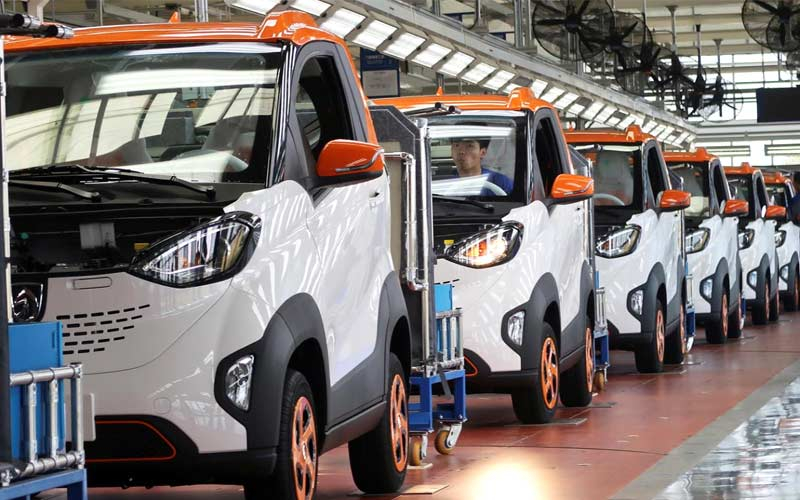
Standard approved by Parliament is part of the climate plan of the European bloc that seeks to reduce CO2 emissions in the world.
He Parliament of the European Union (EU) approved this Tuesday, February 14, the draft regulation that establishes end the sale of new vehicles with gasoline or diesel engines by the year 2035. Likewise, it has also been proposed to drastically reduce emissions from buses and heavy trucks. The text was accepted by 340 votes in favour, 279 against and 21 abstentions.
Along these lines, the European Commission, the executive arm of the EU, announced that the goal for 2030 is for all urban buses to be zero emission models and have engines powered by electricity or hydrogen.
In addition, it is expected to reduce emissions from heavy trucks as of January 2030 by at least 45% compared to 2019. This cut would rise to 65% by January 2035 and reach 90% in 2040.
“Manufacturers will be able to use technologies of their choice to achieve these goals. For example, electrification, hydrogen fuel cells or hydrogen,” the Commission said in a statement.
This proposal, which will now be negotiated between MEPs and the bloc’s countries, revises CO2 emission standards as part of the bloc’s ambitious climate plan.
Thus, the approved text means the cessation of sales of new gasoline and diesel vehicles and light utilities in the EU from 2035, as well as hybrids (fuel-electric). It should be noted that in 2022 one in eight new cars purchased in the European Union were “zero emission”.
Likewise, the defenders of the project indicated that the new norm establishes a clear schedule to make the transition to sustainable models.
“Let me remind you that between last year and the beginning of this year, China will have 80 models of electric cars on the international market. And they are good cars, which will get cheaper and cheaper, and we have to compete with that.” said Frans Timmermans, vice president of the European Commission.
However, the initiative is opposed by the bloc of the conservative European People’s Party, the most important in the European Parliament. This due to the eventThe impact that this transition could have on jobs.
German MEP Jens Gieseke, who forms the EPP bloc, said of his proposal: “(It was) to let the market decide which technology is best to achieve our goals.”
In this sense, other voices said that in a few years citizens will be able to see driving old cars after 2035 due to the high price of new models.
Source: Larepublica
Alia is a professional author and journalist, working at 247 news agency. She writes on various topics from economy news to general interest pieces, providing readers with relevant and informative content. With years of experience, she brings a unique perspective and in-depth analysis to her work.












